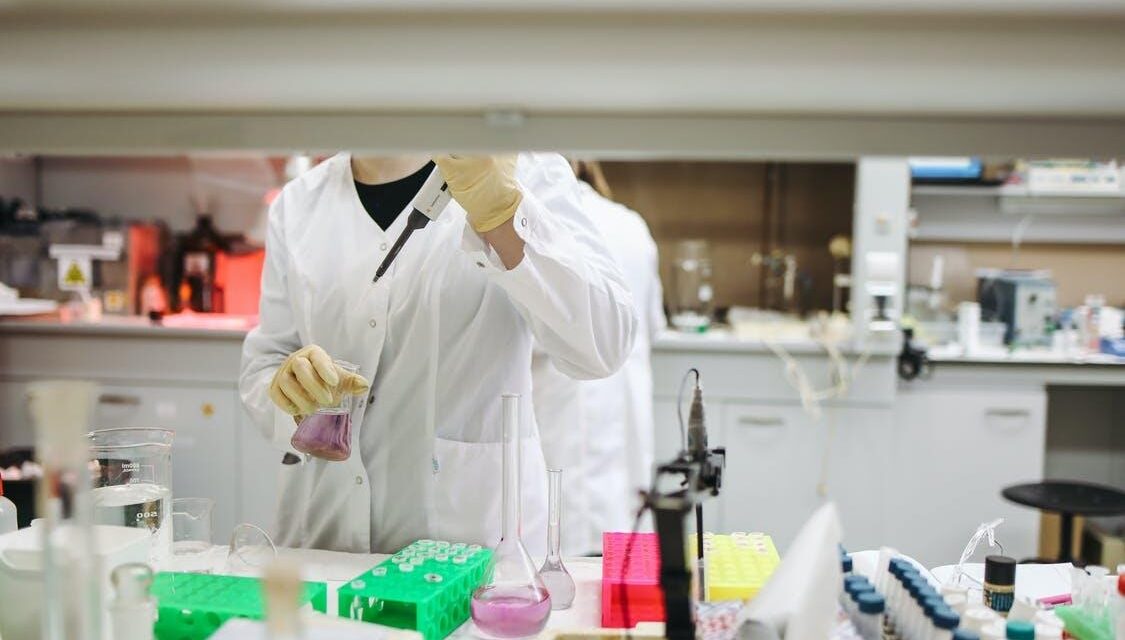Laboratory accidents are a common occurrence that can be prevented by being knowledgeable and prepared to deal with the lab equipment or chemicals or biological materials that are being dealt with. A study on accidents in the pathology laboratories of hospital Ipoh over a three-year period revealed that the histology, microbiology, hematology and cytology sections were the key areas where accidents took place. Cuts by sharp objects were the most common injuries and were followed by splashes and squirts by fluids such as blood and chemicals.
Accidents can be avoided by buying the laboratory equipment from reputed suppliers, following the instructions and ensuring that the laboratory tools are well maintained, mention according to SurgicalSupplies.us. Also important is the awareness of the various tools and laboratory supplies and their proper placement and usage.
Tips to Prevent Accidents
The best way to prevent lab accidents is to educate the prospective users about the laboratory equipment, the chemicals and the biological materials being used, according to a research paper. Educating yourself about the hazards associated with usage of the various laboratory supplies followed by the necessary precautions can surely prevent mishaps. Here are certain other tips to have a good working experience in your laboratory.
- Working Understanding of the Various Tools and Equipment: Educating yourself about the various applications and uses of the different tools placed in a lab will help you be aware about the hazards involved.
- Use of PPE: Use of appropriate personal protective equipment such as gloves, glasses or masks is a must when handling hazardous chemicals or infected blood samples. This will not only help in prevention of any kind of accident but also reduce the risk of contamination and spread of infections. Wearing a lab coat and closed shoes is always recommended to avoid chemical splashes.
- Appropriate Clothing: Wearing cotton clothing and long pants with lab coats is highly recommended when working with flammable or toxic materials to ensure that your skin does not get exposed to any dangerous chemicals.
- Safety Training and Regular Inspections: Providing adequate safety training to all the lab employees is important. This should be followed up by the regular inspection of the various lab equipment and tools to ensure that they are placed correctly and in perfect condition. Broken or ill-functioning tools and equipment should be replaced immediately.
- Do not Ignore Even Minor Accidents: Ignoring a minor accident or an incident which does not lead to an immediate injury can prove to be dangerous for others.
- Be Alert and Aware of Emergency Response Procedures: Alertness and awareness about the response mechanisms in a laboratory can help you restrict the damage or injuries due to accidents and mishaps.
- Do Not Eat or Drink in the Lab: Never eat food or drink beverages or chew gum or apply cosmetics or handle contact lenses in the laboratory. Always go out if you need to perform any of these activities.
- Ensure Proper Segregation and Disposal of Laboratory Waste: This can help avoid any kind of accidents arising from broken tools or disposed syringes.
Educating yourself about the laboratory environment, the tools and the lab equipment in place, adherence to safety norms and being alert can prevent most of the accidents in a laboratory.






